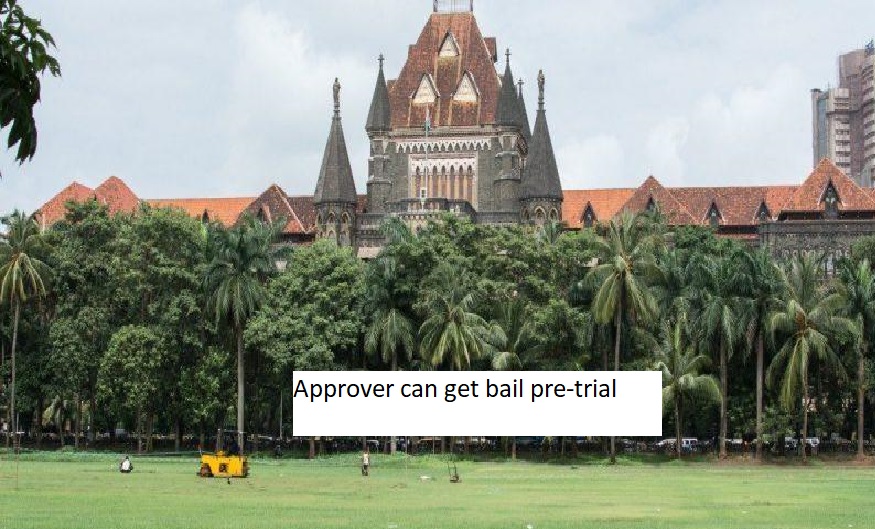


The Bombay High Court, in a significant ruling, has underscored the possibility for an approver to secure bail before the trial's conclusion, provided the individual has adhered to the conditions of pardon and testified in favor of the prosecution. Justice MS Karnik, presiding over the case, emphasized the need for a harmonious interpretation of Section 306(4) of the Criminal Procedure Code (CrPC) with the constitutional guarantee of personal liberty enshrined in Article 21.
The court's deliberations focused on the idea that an approver, having fulfilled the stipulated conditions and having already given testimony as a prosecution witness, should not be compelled to remain in custody until the trial's termination, particularly in protracted legal proceedings. Justice Karnik elucidated, "The fetters of the applicant’s continuing in detention until the termination of the trial needs to be watered down."
Historically, the detention of an approver during the trial has been justified as a measure to protect them from potential harm by other accused parties. However, the court highlighted the availability of an alternative safeguard through the Witness Protection Act enacted in 2017. Under this legislation, the responsibility to ensure the safety of a witness rests with the state. This paradigm shift reinforces the argument that continued detention may not be necessary for the protection of the approver.
The case under consideration involved an applicant arrested in Delhi under various sections of the Maharashtra Control of Organized Crime Act (MCOCA) and the Indian Penal Code (IPC) in connection with a transnational crime in 2018. Subsequently, the applicant sought pardon under sections 307 read with 306 of the CrPC in 2020, and after the pardon was granted, the applicant's statement was recorded. The individual then acted as the first witness in the case. Dissatisfied with the rejection of his bail plea by the sessions court, the applicant approached the High Court through Advocate Karan Jain.
The prosecution, represented by the public prosecutor, opposed the bail plea on two grounds. Firstly, it relied on Section 306(4) of the CrPC, arguing that an approver should remain in custody until the trial's completion unless granted bail. Secondly, it asserted that the applicant faced threats in prison, and continued incarceration was necessary for the individual's safety.
In response, Advocate Niranjan Mundargi, acting as amicus curiae, argued that the Witness Protection Act extended protection to the approver, obviating the need for continued incarceration on safety grounds. Advocate Jain contended that even an accused facing serious charges had the right to a speedy trial and could seek bail due to prolonged detention, citing precedents like the Supreme Court's decision in Union of India Vs. K.A. Najeeb.
The bench, aligning with Advocate Jain's argument, opined that the applicant, now a prosecution witness, should not be subjected to a situation worse than that of an accused. The court deemed the continued detention of the applicant, given the likely lengthy trial duration, as a travesty of justice. Justice Karnik emphasized that the allegations against the accused lost significance in light of the granted pardon.
The court expressed concern that indefinite detention without a clear timeline for trial termination would be unfair to the applicant and counterproductive to witnesses seeking pardon in the future. Justice Karnik asserted that such extended detention contradicted the objectives of Section 306(4) of the CrPC, especially when legislation like the Witness Protection Act was in effect.
In conclusion, the Bombay High Court's ruling not only addressed the specific case at hand but also emphasized the need for a balanced and just approach in reconciling the interests of justice, personal liberty, and witness protection in the evolving legal landscape.
TAGS: Bombay High Court Approver Pardon Bail Section 306(4) CrPC Article 21 Witness Protection Act Justice MS Karnik Constitutional rights